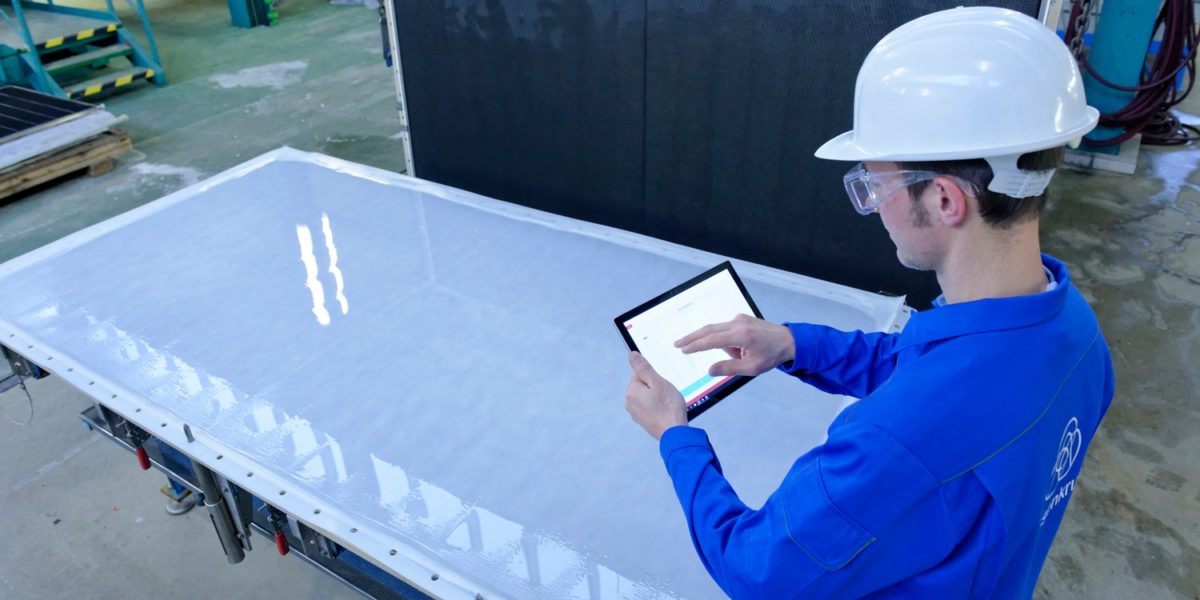From pv magazine Germany
Thyssenkrupp has announced plans to increase the annual production capacity of its electrolyzers to 1 GW, following the German government's launch of a new Covid-19 stimulus package that includes directives to build a hydrogen economy.
According to the government's plan, the country should reach a total electrolyzer capacity of 5 GW by 2030, with another 5 GW to be deployed in the following five years.
Thyssenkrupp manufactures its electrolyzers with De Nora, its strategic supplier and joint venture partner, in premade standard modules. One module is able to generate up to 4,000 cubic meters of hydrogen per hour.
The German industrial conglomerate said the modules can be easily transported, installed and interconnected to different plant sizes, ranging up to several hundred megawatts. It said the plants are very responsive, so they can be used to stabilize the grid. The patented design of the electrolysis cells enables high system efficiencies of up to 80%, it added.
Hydrogen is used as a clean energy source and fuel, but also as a CO2-neutral raw material for the production of green chemicals. As a specialist in the planning and construction of chemical plants, Thyssenkrupp believes it is ideally positioned to implement complete value chains, starting with the large-scale production of hydrogen through to the production of sustainable basic chemicals such as ammonia and methanol.
“Only green hydrogen opens the way to climate neutrality for energy and resource-intensive industries, such as fuel, chemical or steel production,” said Christoph Noeres, head of Thyssenkrupp's energy storage and hydrogen division. “This requires GW-scale water electrolysis.”
However, Noeres acknowledged that this will not be possible without a new regulatory framework and fair market opportunities for green hydrogen.
“In addition to the further expansion of renewable energies, the focus is in particular on adapting the levy and pay-as-you-go system and offsetting the CO2-reducing effect of green hydrogen in the target markets,” he said.
This content is protected by copyright and may not be reused. If you want to cooperate with us and would like to reuse some of our content, please contact: editors@pv-magazine.com.



7 comments
By submitting this form you agree to pv magazine using your data for the purposes of publishing your comment.
Your personal data will only be disclosed or otherwise transmitted to third parties for the purposes of spam filtering or if this is necessary for technical maintenance of the website. Any other transfer to third parties will not take place unless this is justified on the basis of applicable data protection regulations or if pv magazine is legally obliged to do so.
You may revoke this consent at any time with effect for the future, in which case your personal data will be deleted immediately. Otherwise, your data will be deleted if pv magazine has processed your request or the purpose of data storage is fulfilled.
Further information on data privacy can be found in our Data Protection Policy.